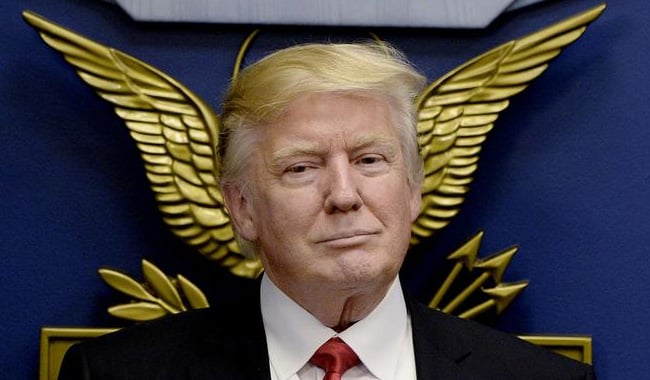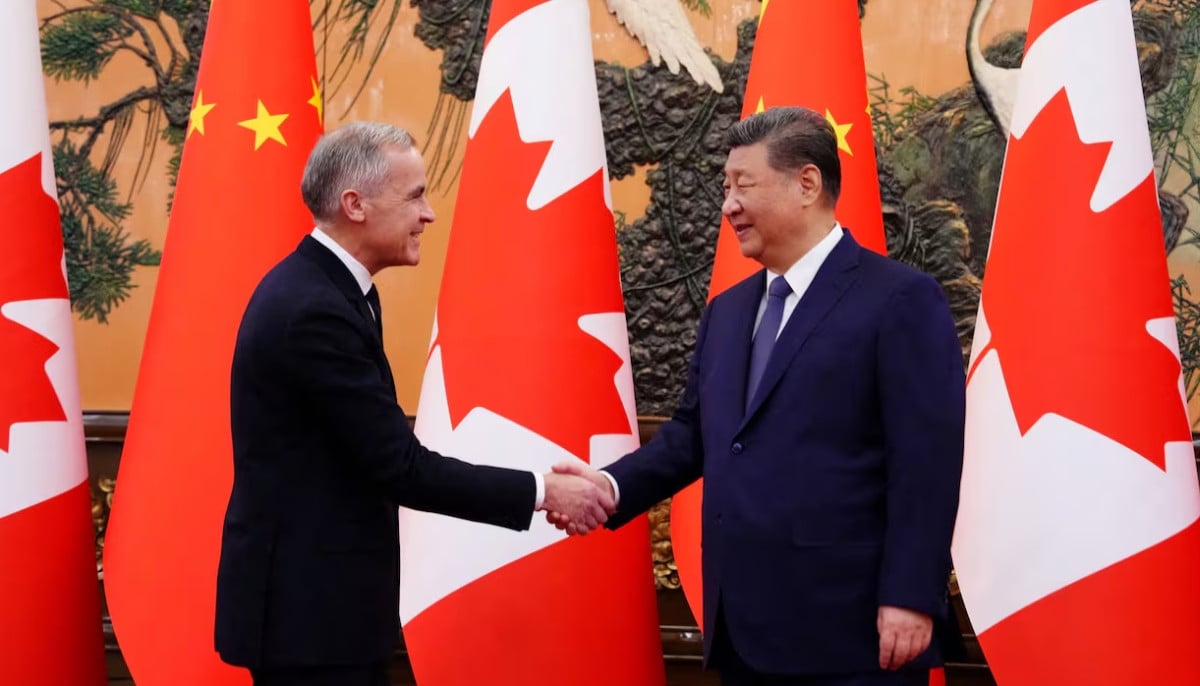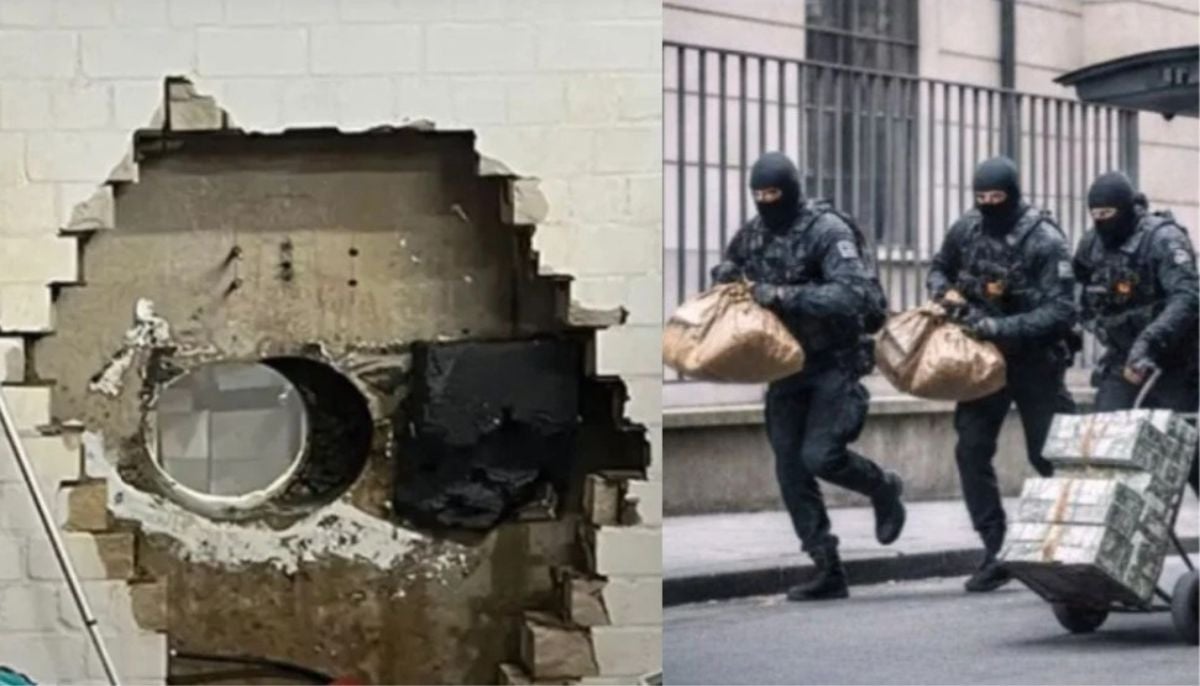Trump proposes bigger budget for Pentagon, nuclear arsenal
US President Donald Trump has proposed a military budget that is the largest since 2011 and focused on beefing up the country´s nuclear defenses and countering the growing strength of China and Russia.
WASHINGTON: US President Donald Trump has proposed a military budget that is the largest since 2011 and focused on beefing up the country´s nuclear defenses and countering the growing strength of China and Russia.
The proposal, part of Trump´s budget request for the US government, would provide the Pentagon $617 billion and an additional $69 billion to fund ongoing wars in fiscal year 2019.
That is $74 billion more than in the budget for the previous fiscal year. Critics, however, say that the proposed spending increase falls short of what Trump had promised during the 2016 presidential campaign, when he frequently depicted the US military as underfunded.
The budget documents specifically highlighted "reversing the erosion of the US military advantage in relation to China and Russia," which was a focal point of the National Defense Strategy unveiled by Defense Secretary Jim Mattis in January.
Funds for the maintenance of the US nuclear arsenal also increased.
On top of the Pentagon´s $686 billion budget request was an additional $30 billion for non-defense agencies including the Department of Energy, which maintains the country´s nuclear weapons.
The budget request for the National Nuclear Security Administration, a semi-autonomous wing of the Department of Energy, was $15.09 billion, an increase of nearly $1.2 billion from last year´s proposal.
The Department of Energy said the money was needed to modernize and restore the country´s nuclear weapons complex.
The Trump administration has called for an expansion of the US low-yield nuclear weapons capability.
The budget request must be passed by Congress, which controls federal purse strings and rarely enacts presidential budgets.
Mackenzie Eaglen, an analyst at the American Enterprise Institute, a Washington think tank, said "this modest year-on-year increase will not allow the military to pursue anything resembling a rebuild along the lines touted by candidate Trump on the campaign trail to rapidly grow the Army, build a 350-ship Navy, and increase the combat Air Force.
"CONCERNS ABOUT CUTSThe Pentagon´s budget request earmarks $10.7 billion for the purchase of 77 F-35 fighter jets made by Lockheed Martin Co as well as $2 billion to purchase 24 Boeing Co F-18 Super Hornets.
The Air Force said it decided against pursuing a competition to replace its Joint Surveillance Target Attack Radar System (JSTARS) battlefield management and control aircraft which involved Boeing, Lockheed Martin and Northrop Grumman.
Instead, the Air Force will look at a different array of sensors to track information from the battlefield. The budget request for the Missile Defense Agency (MDA), the agency tasked with protecting the country from missile attacks, was $9.9 billion, which is up from the $7.8 billion funding request for fiscal 2018.Last year, Reuters reported the Pentagon was evaluating the West Coast for new anti-missile defenses which would likely include the Terminal High Altitude Area Defense (THAAD) anti-ballistic missile system similar to those deployed in South Korea to protect against a potential North Korean attack.
On Monday, Gary Pennett, MDA´s director of operations, told reporters at the Pentagon there was no funding in fiscal 2019 or currently a plan to install THAAD on the West Coast.
The US Navy´s shipbuilding levels were in line with industry expectations including building three DDG-51 destroyers for $5.2 billion. Destroyers are built by General Dynamics Corp and Huntington Ingalls Industries. The US.
Army´s request earmarks funds to modernize 135 Abrams tanks. The 2018 budget requested the modernization of 56 of the General Dynamics-made vehicles.
As proposed spending for the Pentagon grew, 151 retired three- and four-star generals voiced their concerns on Monday about cuts to diplomacy and development spending and unfilled senior diplomatic positions.
"Today´s crises do not have military solutions alone," the generals said in a letter to congressional leaders, opposing cuts in the international affairs budget.
-
Bad Bunny's star power explodes tourism searches for his hometown
-
Murder suspect kills himself after woman found dead in Missouri
-
Poll reveals majority of Americans' views on Bad Bunny
-
Man convicted after DNA links him to 20-year-old rape case
-
California cop accused of using bogus 911 calls to reach ex-partner
-
'Elderly' nanny arrested by ICE outside employer's home, freed after judge's order
-
key details from Germany's multimillion-euro heist revealed
-
Search for Savannah Guthrie’s abducted mom enters unthinkable phase












